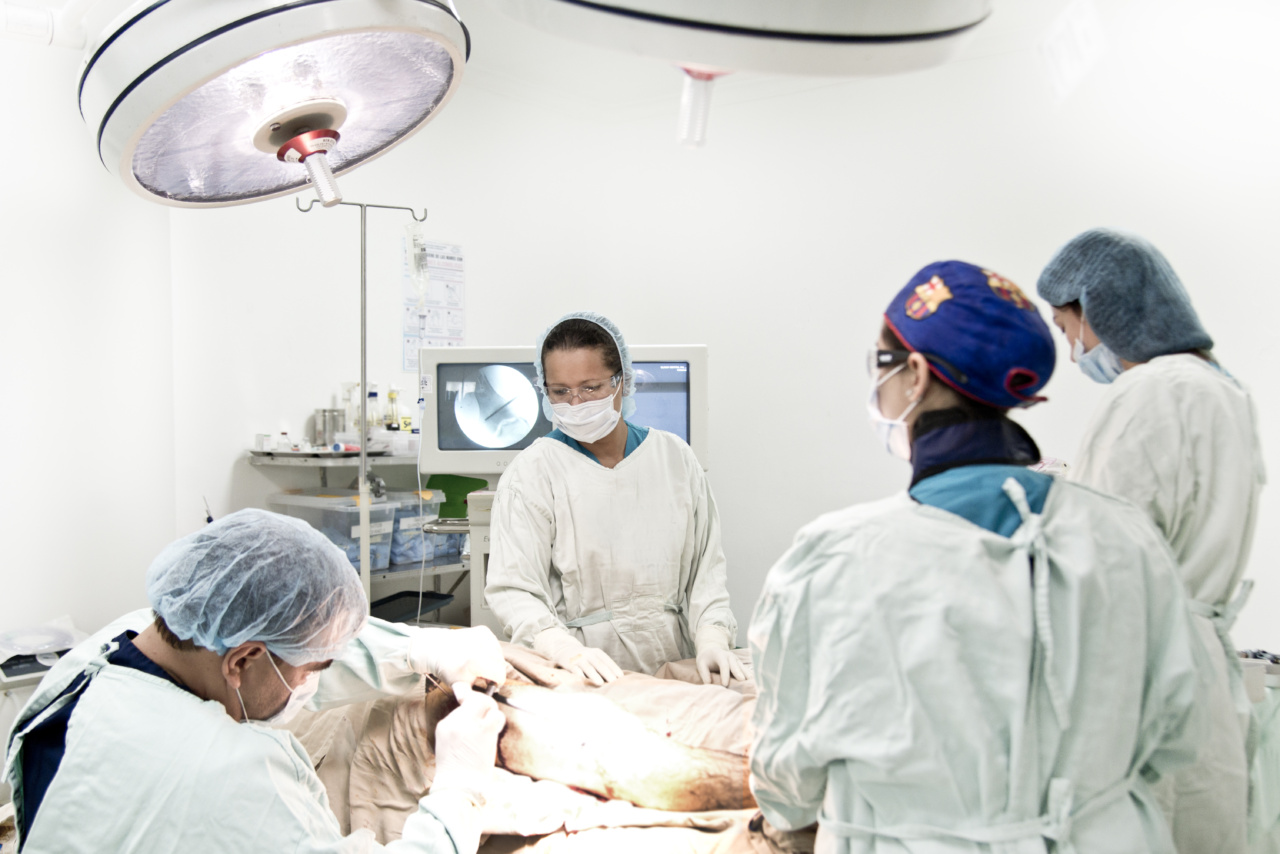Surgery can be a scary prospect for anyone, but when it comes to needed procedures, delaying them can have serious consequences. There are several reasons patients put off surgery they need, from fear of the unknown to concerns about cost.
However, one of the biggest reasons patients procrastinate getting surgery is because of their mental and emotional states.
1. Fear and Anxiety
It’s common for patients to experience fear and anxiety about surgery. They may fear the unknown or have concerns about pain or complications.
These fears can be especially intense if the patient has never had surgery before or has had a negative experience in the past. Essentially, they feel a deep sense of uncertainty and discomfort about going through the surgical experience again.
In some cases, this fear and anxiety can lead to patients avoiding surgery altogether. They may tell themselves that they can live with the pain, or try alternative therapies, even if doing so doesn’t fully address the problem.
Unfortunately, delaying surgery can actually make the problem worse, leading to more pain, infection, or other complications.
2. Denial and Wishful Thinking
Denial and wishful thinking are often at the root of surgery procrastination. Patients may believe that the problem will “just go away” or convince themselves that it isn’t that bad.
For example, a patient with cancer may chalk up their symptoms to a minor infection or stress, delaying the diagnosis and treatment that could save their life.
These patients may feel overwhelmed by the prospect of surgery, the recovery period, or having to make major adjustments to their lifestyle due to the procedure.
They may feel that they’re not ready for surgery, but the hard truth is that the ongoing problems will only get worse with time without intervention.
3. Guilt and Shame
Guilt and shame are powerful emotions that can prevent patients from seeking surgery. In some cases, they may feel that their illness or condition is their own fault, due to lifestyle choices or other factors.
They may also feel ashamed of their bodies or feel embarrassed about discussing their condition with medical professionals or loved ones.
These feelings of guilt and shame can lead to patients avoiding medical treatment altogether. They may feel that they don’t deserve the help, or that they’ll be judged by others for their condition.
This can be especially challenging for patients with chronic conditions, who may feel embarrassed or ashamed that they haven’t been able to overcome their condition on their own.
4. Financial Hardship
One of the most practical reasons patients delay necessary surgery is due to financial hardship.
Surgery can be expensive, and many patients worry about how they will pay for the procedure, as well as the time off from work and other expenses that may arise.
Some patients may not have adequate health insurance coverage or may not have access to financial resources that can help them manage the associated costs of surgery.
This can lead to patients avoiding medical treatment altogether, even if it means they have to suffer through the pain or other symptoms of their condition.
5. Lack of Social Support
Patients who lack social support may be especially hesitant to undergo surgery.
They may not have anyone to help them through the process, whether it’s transportation to and from the hospital, help with household tasks during recovery, or emotional support and encouragement.
Patients who lack social support may feel alone and isolated, compounding the fear and anxiety they may already be feeling about the surgical procedure.
This can make them hesitant to take the necessary steps to get the treatment they need, delaying their recovery and risking further complications.
Overcoming the Reasons for Procrastination
Whatever the reasons for surgery procrastination, it’s important for patients to address them head-on.
This may involve talking with a counselor or therapist to work through emotional or mental barriers to surgery, or seeking out resources to manage financial concerns.
Patients should talk openly with their doctors and medical professionals about any concerns they have, and ask questions to help them feel more comfortable with the procedure.
They should also reach out to loved ones for support, whether it’s asking for emotional support or help with practical tasks during recovery.
With the right support, patients can overcome the reasons for surgery procrastination, and get the treatment they need for a full and healthy recovery.
Conclusion
Surgical procedures can be intimidating and stressful, but for many patients, the fear of the unknown can cause them to procrastinate and delay necessary treatment.
By understanding the reasons for this procrastination – fear and anxiety, denial and wishful thinking, guilt and shame, financial hardship, and lack of social support – patients can begin to address their concerns and take the necessary steps to move forward with their treatment.
By working with medical professionals and loved ones, patients can overcome these barriers, getting the treatment they need, and ultimately, achieving a full and healthy recovery.































